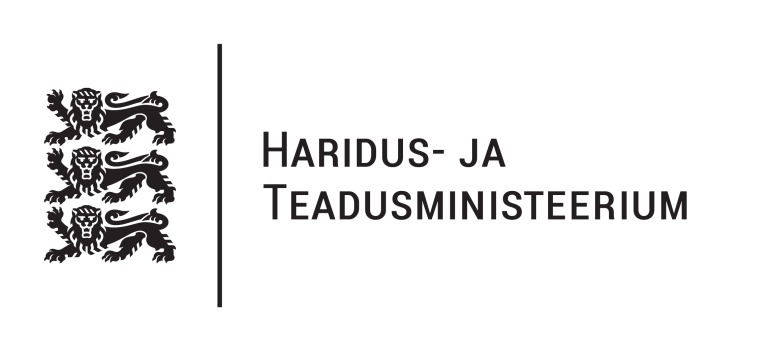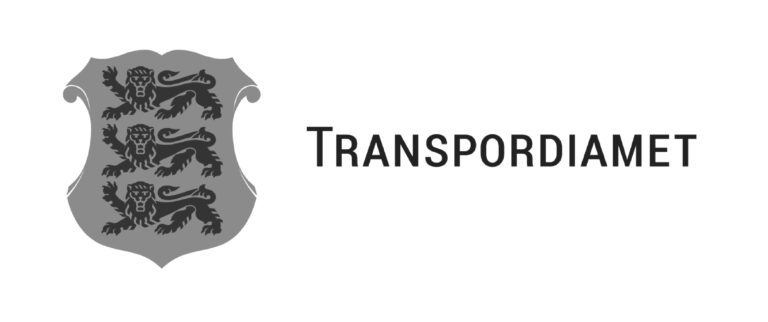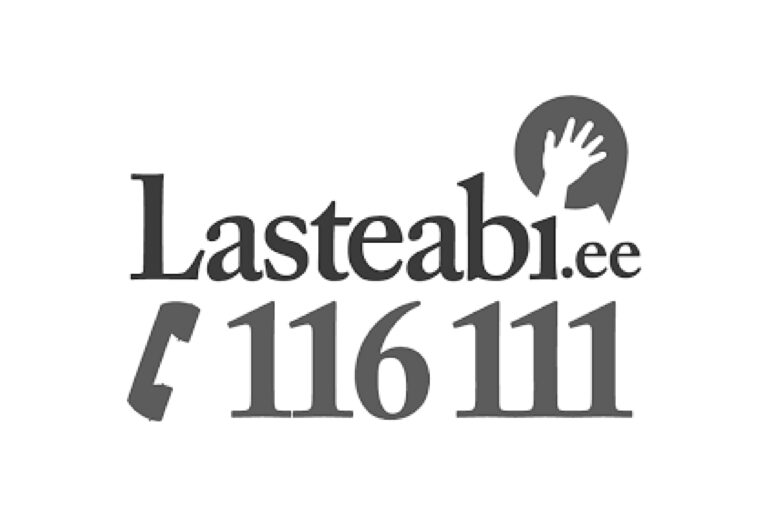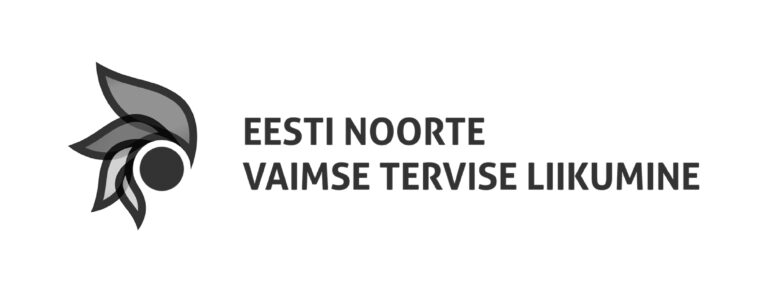I am a 22-year-old girl from Järvamaa. I studied agriculture at the Järvamaa Vocational Education Centre and worked in the same field for a few years. I currently work in retail.
Why did you choose vocational training instead of upper secondary school? What did you study?
After finishing basic school, I went to upper secondary school. This seemed like a natural step to take. However, about half a year later I realised that this was not for me. The study methods felt too theoretical. So, the next academic year I went to Järvamaa Vocational Education Centre to study agriculture. People often ask me why I chose this profession. You might think that it was because I have my own farm to look after or because I have previous experience of farming. The truth is that I grew up in a tenement flat in Türi and the only contact I had with agriculture at that time was when I drove past a field and saw tractors. I like challenges – they add colour to life – and by challenging myself I get to know myself better and learn more about my strengths and weaknesses. I went to study agriculture at the Järvamaa Vocational Education Centre to see if and how well I would be able to cope in a field that was entirely new to me. It turned out that I learned everything very quickly and that I really liked agriculture. Already by my second year I had managed to find a job in that field.
How do you feel about the rather widespread notion that vocational training is for less able students?
Luckily, the former mentality that vocational training is for less able students has faded over time. I used to have the same impression when I was younger and that is why I went to upper secondary school first. I believe that neither type of educational institution should be discredited. It is a good thing that young people can choose between more theoretical or more practical learning.
You have studied a very specific subject – what brought you to it? Do you think that there are different jobs for men and for women?
It seems that our society is becoming increasingly gender neutral. Stereotypical attitudes have greatly diminished, both generally as well as in the workplace. One example is our neighbour Finland. There, it is very common to see women working with heavy machinery (e.g. lorries, tractors). I can see that more and more women in Estonia, too, are opting for professions that were once regarded as something only men could do. For example, girls not only go to study agriculture, but also car mechanics or construction. Similarly, young men go to study culinary arts, hospitality service, etc. I believe it is no longer possible to think the way people did 20 years ago, even for those who would perhaps like to. I like the fact that people can work in any field or profession, regardless of their gender or identity. Overall, I do not think there are distinct jobs for men and for women. There are just jobs and fields that anyone can choose from, depending on their personality.
Most young people do not feel confident about their choices after basic school because they assume this should be their profession in the future. Do you agree or what would you say to encourage young people?
I agree that people are afraid of taking the wrong steps. Young people in particular. Fortunately, we have the internet these days, which brings younger generations into contact with different people and different possibilities. If you are someone in your final year of basic school, I encourage you to follow Gary Vaynerchuk (Gary Vee). He highlights the value of trying different things in life and how important it is to risk making mistakes. When it comes to choosing a profession, I think it is quite natural to study one thing and end up doing something completely different. As human beings, we evolve with the times and our values, desires, and thoughts change, too. As we try different things, face challenges, and get to know different people, we also get to know ourselves, broaden our perspectives and grow as people. In so doing, we learn to see the world around us from a different perspective. This, in turn, can lead to a change of career. It is okay to change your mind when choosing a career. If we reflect on who we were at nursery school and what we hoped to become, I think it is safe to say that most people’s childhood ambitions for their careers were not what they are today. Dare to try, dare to be wrong!
What would you tell a young person who is still deciding what to do?
Listening to yourself and doing what YOU want is all that matters. After all, it is you who must live with your choices, not your family, friends, or teachers. In making a choice, either in terms of school or a future job, development is most important. Always ask yourself “how does this choice support my development?”. Why have I chosen to focus on retail right now? I want to study retail because it allows me to develop in lots of different ways. I understand myself and my surroundings better, I communicate more, etc. As I said before – dare to try, dare to be wrong! Do not chain yourself to the view that you will forever have to do the same thing. Be open to change and learn to know yourself better instead.
Is there anything else you would like to add?
Knowing your strengths and weaknesses is always a plus when it comes to choosing a profession. So, start by finding out your personality type. This can be done with a quick test. I did it using this site: www.16personalities.com
The test is available in English and is one of the most reliable tests to date. I was first introduced to it by a friend and I have since recommended it to many of my peers. Knowing your personality type helps you understand the world of your own thinking and behaviour. You will also have the skills to draw on your strengths and overcome your weaknesses and to work on them.
Write down your goals! This will give you a clearer sense of direction to work towards and through which you can express yourself. My mentor told me about a really cool experiment that was conducted with students at Harvard University. They were asked about the existence of their personal goals. Of the students, 84% of students had no goals, 13% had goals, but these were not written down, and only 3% had goals in writing and a concrete plan. The respondents were then contacted again after 10 years. What had become of them? People with goals, albeit not recorded, earned twice as much as those with no goals. Those with goals in writing earned 10 times as much as everyone else. This shows how important it is to have clear goals and to write them down!
Edited by Mariliis Lulla – member of the Content Creation and Collaboration Team of the youth information portal Teeviit.
Published in the youth information portal Teeviit in 2021.







